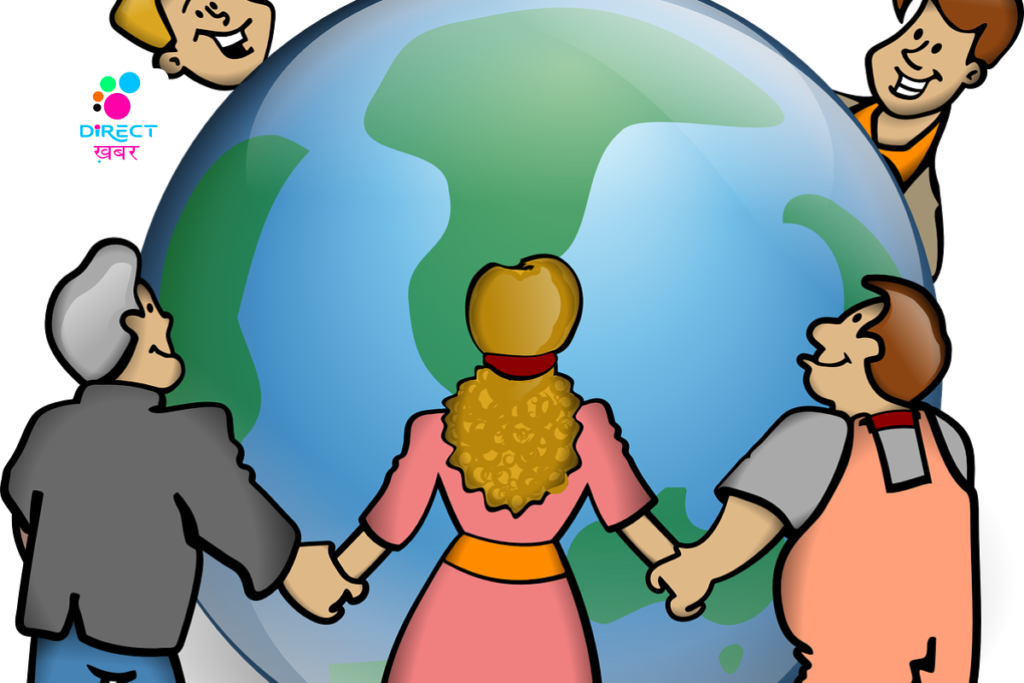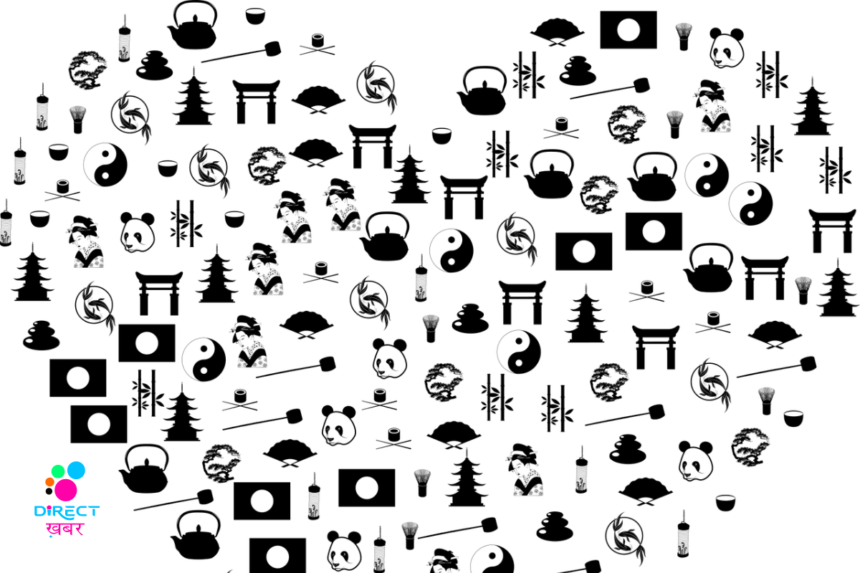The Language of Love: How Different Cultures Express Affection
Love is a universal human experience, yet the ways it is expressed and understood vary significantly across cultures. From gestures and words to rituals and customs, each culture has its unique way of expressing affection. Understanding these diverse cultural expressions of love not only enriches our cultural awareness but also fosters empathy and connection across borders. This article explores how different cultures express affection and love, delving into the nuances that shape these expressions.

Western Cultures:
Romantic Love: Western cultures often emphasize romantic love, characterized by grand gestures, such as flowers, chocolates, and love letters.
Public Displays of Affection (PDA): Holding hands, kissing, and hugging in public are common in many Western societies, symbolizing intimacy and affection.
Valentine’s Day: Celebrated on February 14th, Valentine’s Day is a significant cultural event in Western countries, marked by gift-giving and expressions of love.
Eastern Cultures:
Familial Love: In Eastern cultures like China and Japan, familial love is highly valued, and expressions of affection often focus on respect, duty, and filial piety.
Non-Verbal Communication: Eastern cultures may rely more on subtle cues and non-verbal communication to express love, such as respectful gestures and attentive listening.
Traditional Festivals: Festivals like Chinese New Year and Diwali provide opportunities for families to come together and express love through shared meals and rituals.
Middle Eastern Cultures:
Modesty in Expression: In many Middle Eastern cultures, modesty and discretion are valued virtues, influencing how affection is expressed, particularly between unrelated individuals.
Importance of Hospitality: Offering hospitality, such as sharing meals and providing warm welcomes, is a common way of expressing love and care in Middle Eastern societies.
Poetry and Prose: Poetry has long been a cherished art form in the Middle East, with love poetry serving as a culturally rich expression of affection and longing.
African Cultures:
Community-Centric Love: African cultures often prioritize communal bonds and interconnectedness, with expressions of love extending beyond individual relationships to encompass entire communities.
Rituals and Ceremonies: Ceremonial rituals, such as weddings and initiation rites, serve as occasions for expressing love, unity, and belonging within African cultures.
Storytelling Tradition: Oral storytelling traditions play a significant role in many African cultures, with tales of love and devotion passed down through generations.

Indigenous Cultures:
Connection to Nature: Indigenous cultures often emphasize a deep connection to nature, viewing love as a harmonious relationship with the natural world and all living beings.
Ceremonial Practices: Ceremonies and rituals grounded in indigenous spirituality provide opportunities for expressing love and gratitude towards the Earth, ancestors, and community.
Elders and Ancestors: Respect for elders and ancestors is a central value in many indigenous cultures, with expressions of love often intertwined with honoring those who came before.
Across the globe, love is a multifaceted concept shaped by cultural beliefs, traditions, and values. By exploring the diverse ways in which affection is expressed in different cultures, we gain a deeper appreciation for the richness of human experience. Embracing this diversity not only broadens our understanding of love but also fosters greater empathy, tolerance, and interconnectedness in our increasingly globalized world. As we celebrate love in its many forms, let us cherish the beauty of cultural expressions that unite us as members of the human family.
Moreover, in today’s interconnected world, where globalization has blurred the boundaries between nations and cultures, understanding and appreciating cultural diversity is more crucial than ever. It is through this understanding that we can break down barriers, bridge divides, and build a more inclusive and harmonious society.
Furthermore, by celebrating the myriad forms of love that exist, we affirm the fundamental humanity that binds us all together. Whether it’s the familial bonds cherished in Eastern cultures, the romantic gestures celebrated in Western societies, or the communal connections revered in indigenous traditions, each expression of love is a testament to our shared humanity.






